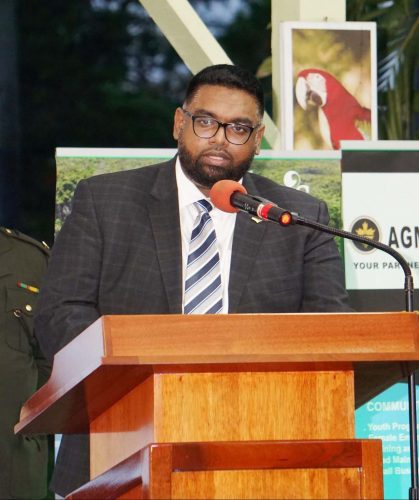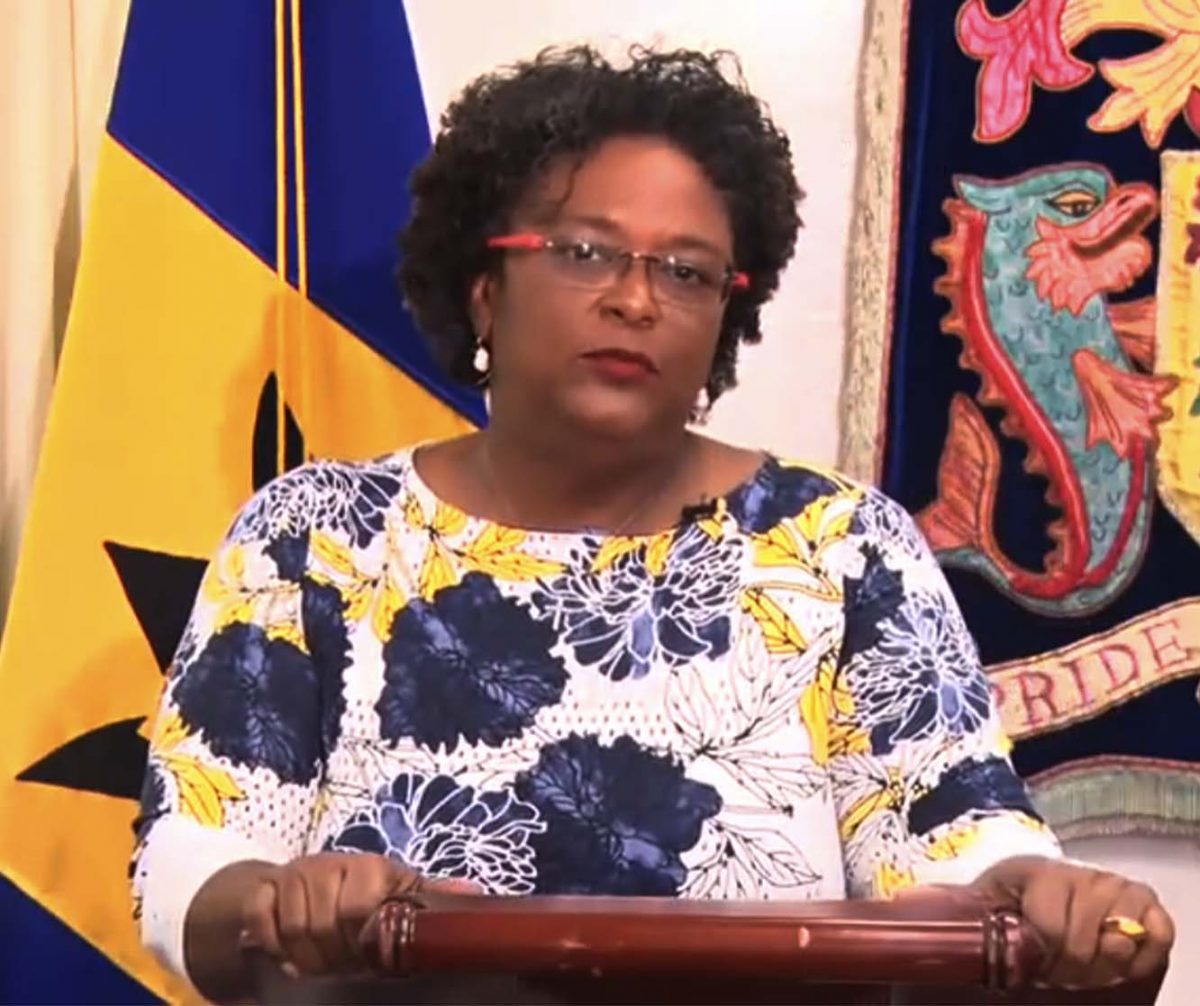The authorities here are again dropping a hint that, going forward, Guyana may be gearing itself to kick-start a tourism industry which, while widely believed to be a potential major money-earner for the country, has continually failed to get off the ground owing largely to a lack of both official effort and less than adequate public and private sector investment.
Last week, President Irfaan Ali announced that Guyana and Barbados are engaged in a collaborative effort to create what the state-run Department of Public Information (DPI) described as a “joint tourism product, linking the two countries as a common market and package.” President Ali, according to the DPI report, says that the project seeks to create a joint tourism product, “linking the two countries as a common market and package.”

The recent disclosure follows an announcement back in October last year by the Guyanese president that an agreement had been reached between the two countries for Barbados to train 6,000 Guyanese for the local hospitality sector as one of several measures agreed between himself and Barbados Prime Minister Mia Mottley at a meeting held on the sidelines of the United Nations Conference on Trade and Development (UNCTAD) held in Barbados in October last year. President Ali had been quoted back then as saying that during his meeting with Prime Minister Mottley, the two countries had agreed on a “concrete time-bound framework for enhanced collaboration and trade.”
Observers, however, will be keen to see where this latest disclosure on Guyana’s declared intention to create a sustainable and economically viable tourism industry takes us, given what has been the quiet implosion of similar high-level disclosures by successive earlier political administrations. That failure has occurred despite the presence here of an enabling infrastructure that includes state entities with tourism responsibility including a Ministry of Tourism and a Guyana Tourism Authority. The presence of these, notwithstanding, have seen us fail to realise either an adequate physical tourism infrastructure or attract meaningful visitor arrival numbers.
President Ali had himself acknowledged late last year that Barbados boasts a “world class hospitality programme” and that the move to have Guyana benefit from training provided by that country in the sector had been a response to the fact that Guyana had “a lot of investment in the hospitality sector that is coming and we need to have the technical capacity, the human resources to manage and to the work in those hotels.” That too is a presidential undertaking that will be closely monitored.
During the recent parliamentary debate on the country’s 2022 budget proposals, Tourism Minister Oneidge Walrond made much of the envisaged transformative effect on the tourism industry promised through the breaking ground in Guyana by “four internationally-branded hotels” which, according to a DPI report on her presentation, will “provide quality accommodation for the influx of foreigners investing in the country, as well as fulfil the PPP/C administration’s promise of creating 50,000 jobs.” That too is another undertaking that now awaits fulfillment.
The government, it appears, is hoping that the current international attention which the country now enjoys coupled with what is likely to be the greater affordability on its part will see a shift from promises to practical action in pursuit of the creation of a tourism sector. If precedent is anything to go by, there are really no guarantees here.






